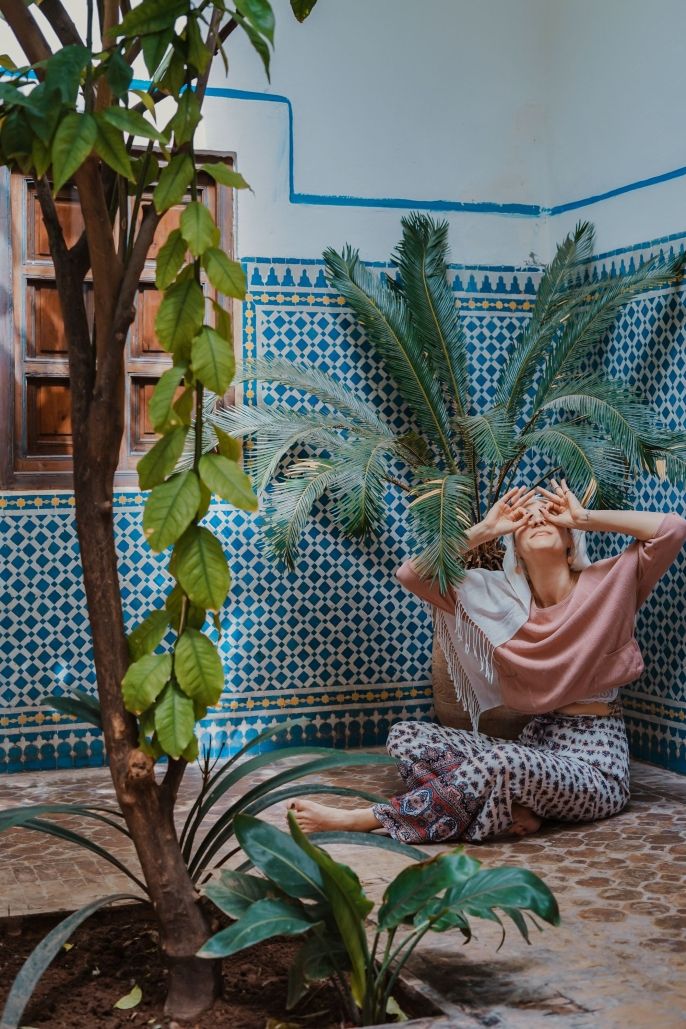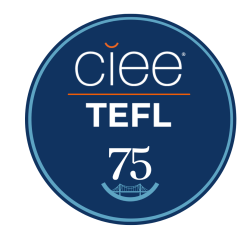How to Teach in Morocco
I want to teach in Morocco. What do I need to know?
Northern Africa’s easternmost country is sure to guarantee a journey of color, flavors, questions, and paradoxes. With its deserts, cragged mountains, beautiful coastlines, and unique medinas, Morocco boasts a character not readily defined by one climate, language, or culture. A year there will be like nothing you’ve ever experienced.
A mix of Arabic, African, and European cultures gives Moroccans a unique perspective on the world. They are proud of their languages, buzzing markets, romantic cities, and diverse landscape. A stable nation in a region of constant political unrest, it is a country with much to protect, and still more to offer to anyone interested in exploring its boundaries and relationship with the Northern African expanse.
Arabic (the Moroccan dialect is referred to as Darija), Berber, and French are widely spoken in Morocco (and often mixed together), but country’s growing business, industrial, and tourism sectors have increased the demand for English teachers. Because of its position geographically and politically, Morocco is poised to become a powerful link between Europe and the Middle East.
What to expect
Most reputable schools will expect to see applicants with an undergraduate degree and a 100 hour + TEFL certificate, especially those willing to assist with the visa process and who will treat their employees fairly. Many institutions will also expect you to attend an interview in-person before offering you a position, so if you are applying independently, it’s likely that you’ll need to relocate to Morocco first. Some elite schools do prefer to hire from abroad, but be prepared for rigorous requirements.
Salary with vary from school to school, but will generally reflect the cost of living, which is low to moderate. Students will come to class with practical learning goals in mind – English will help them travel, apply to universities and jobs abroad, and work in the tourism sector.
Expect a conservative society with a strong Islamic influence. Both homosexuality and extramarital sexual relations are illegal, and women especially must be prepared to dress conservatively in public and in the classroom (shoulders and upper arms covered and no pants or skirts above the knee). Morocco’s government is vigilant about maintaining order and safety – so prepare to adapt your mindset respecting the current political institutions. It will affect how you interact with Moroccan citizens and other expats in the country.
Morocco’s landscape is well-known for its beauty and its cities famous for their color, markets, and architecture, so be prepared to take opportunities to explore and marvel. Some areas may not be open for travel due to border control or disputes, but safe must-sees include Casablanca, Chefchaouen (the “blue city”), Marrakech, the Atlas and Rif Mountains, and the many Islamic and Roman architectural sites. Do your research before travelling; some areas are more liberal and relaxed in terms of dress. Be respectful and cautious in places off the tourist track. As always, be aware of your required work hours at your school before planning trips. Teachers are expected to work hard!
How to get there
As we mentioned, many schools may prefer an in-person interview, but choosing a third-party program provider is a way to find work from home first. If you are a proficient French or Arabic speaker, that will be an asset when applying to most schools. Applicants with Master’s degrees can apply to universities. Check out some options below of institutions and programs offering paid work in Morocco below:
CIEE Teach Abroad in Morocco: CIEE’s Teach Abroad program includes the CIEE TEFL certification course, visa assistance, health and travel insurance, and placement at an American language school in Mohammedia, a small seaside town located between Casablanca and Rabat.
International School of Morocco (ISM) : Located in Casablanca, this well-respected school requires previous teaching experience, TEFL certification, native fluency of English, and prefers multilingualism and a Master’s degree in applicants.
WorldTeach in Morocco: This volunteer program places applicants in a homestay for three to six months. Volunteers teach English and life skills to teens and young adults in Casablanca, Rabat, and Fes. Requires native English skills.
The American School of Marrakesh: Requires all teachers to have a Bachelors or Master’s degree, TEFL certification, and teaching experience.
The British Council: Mostly hires UK/EU nationals.

